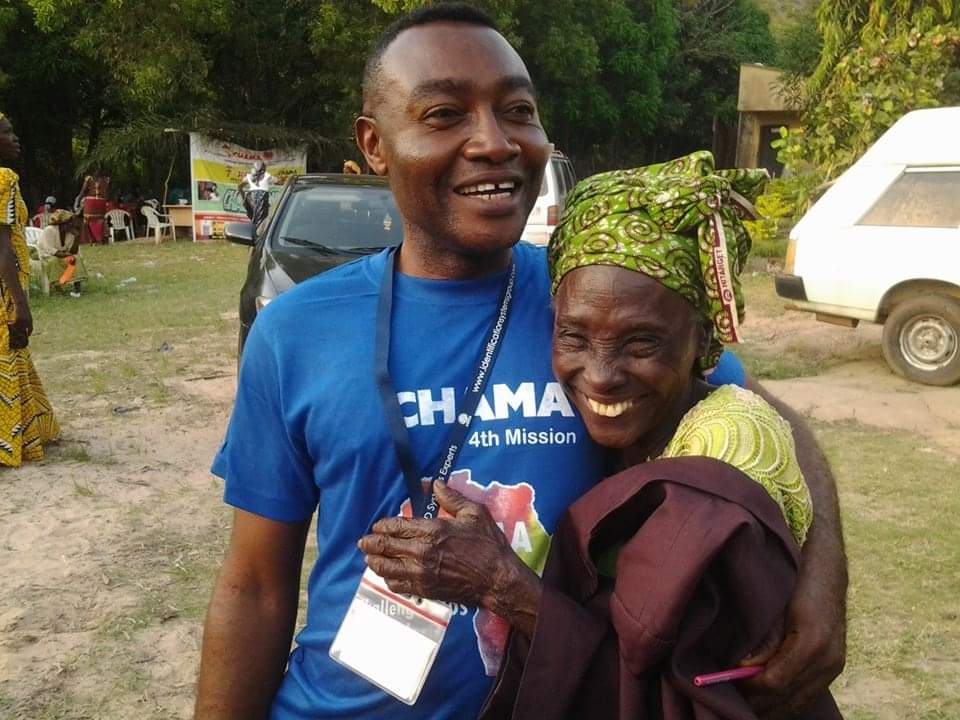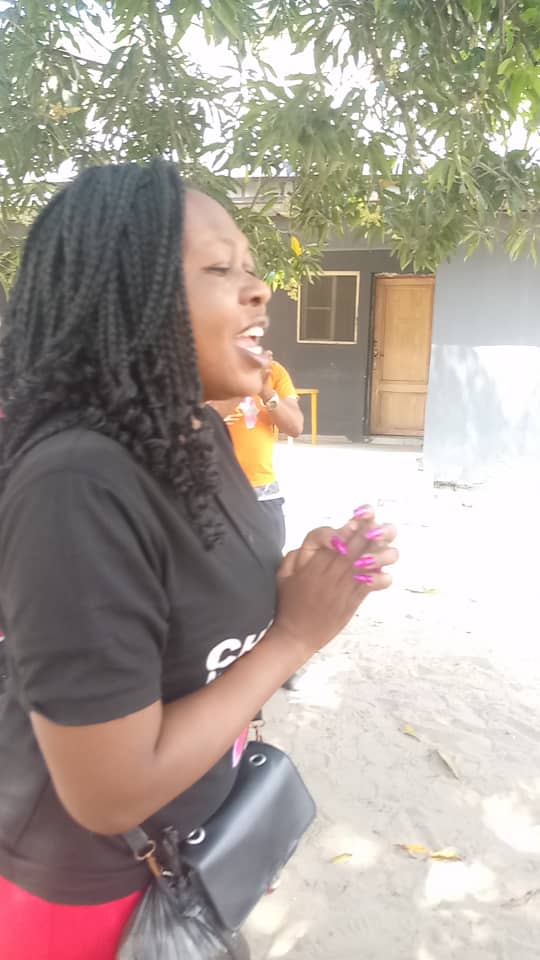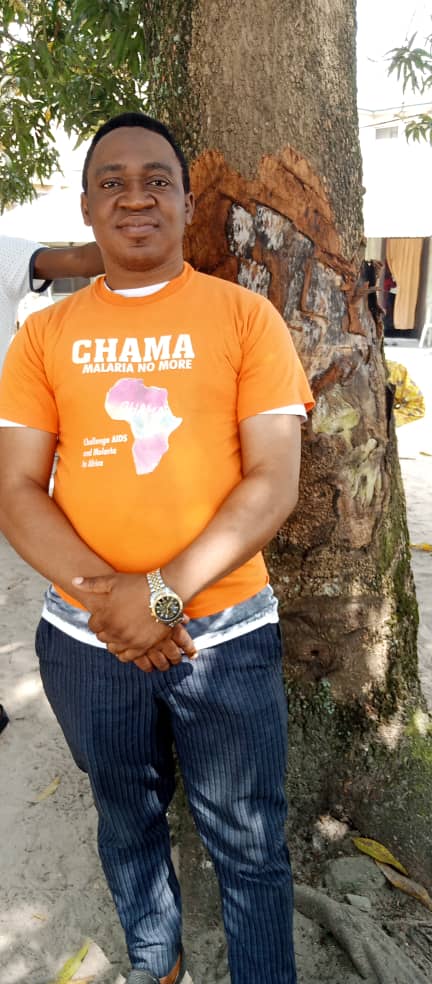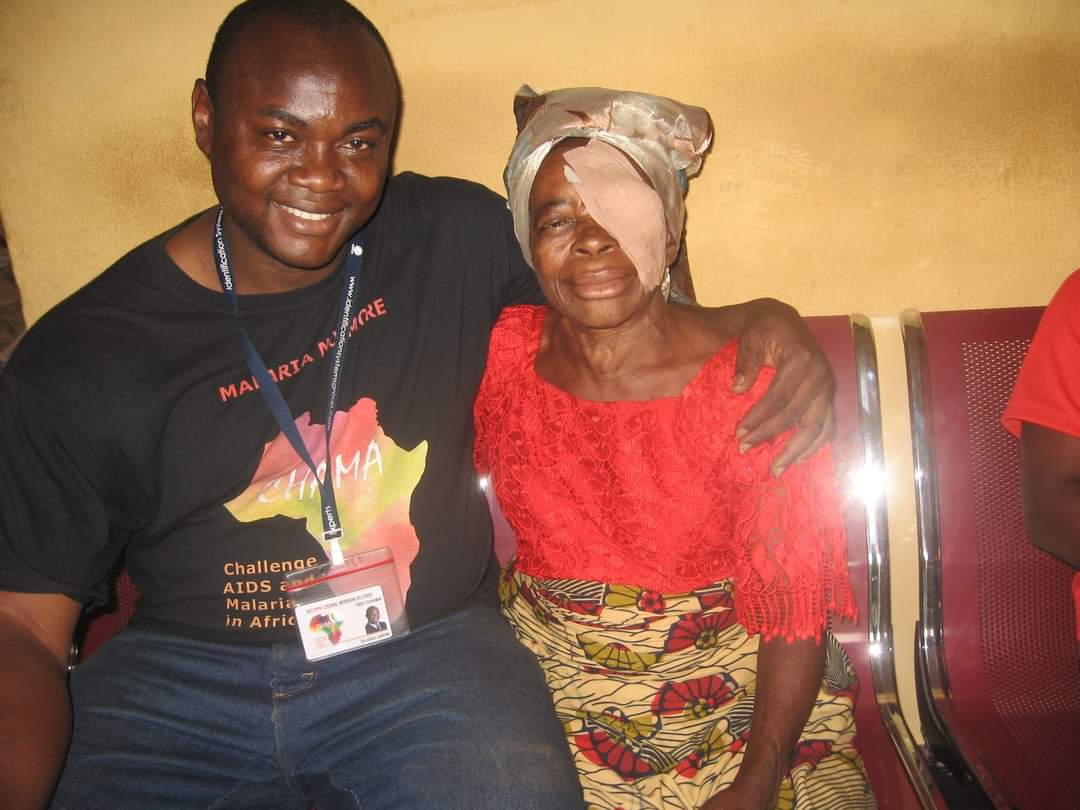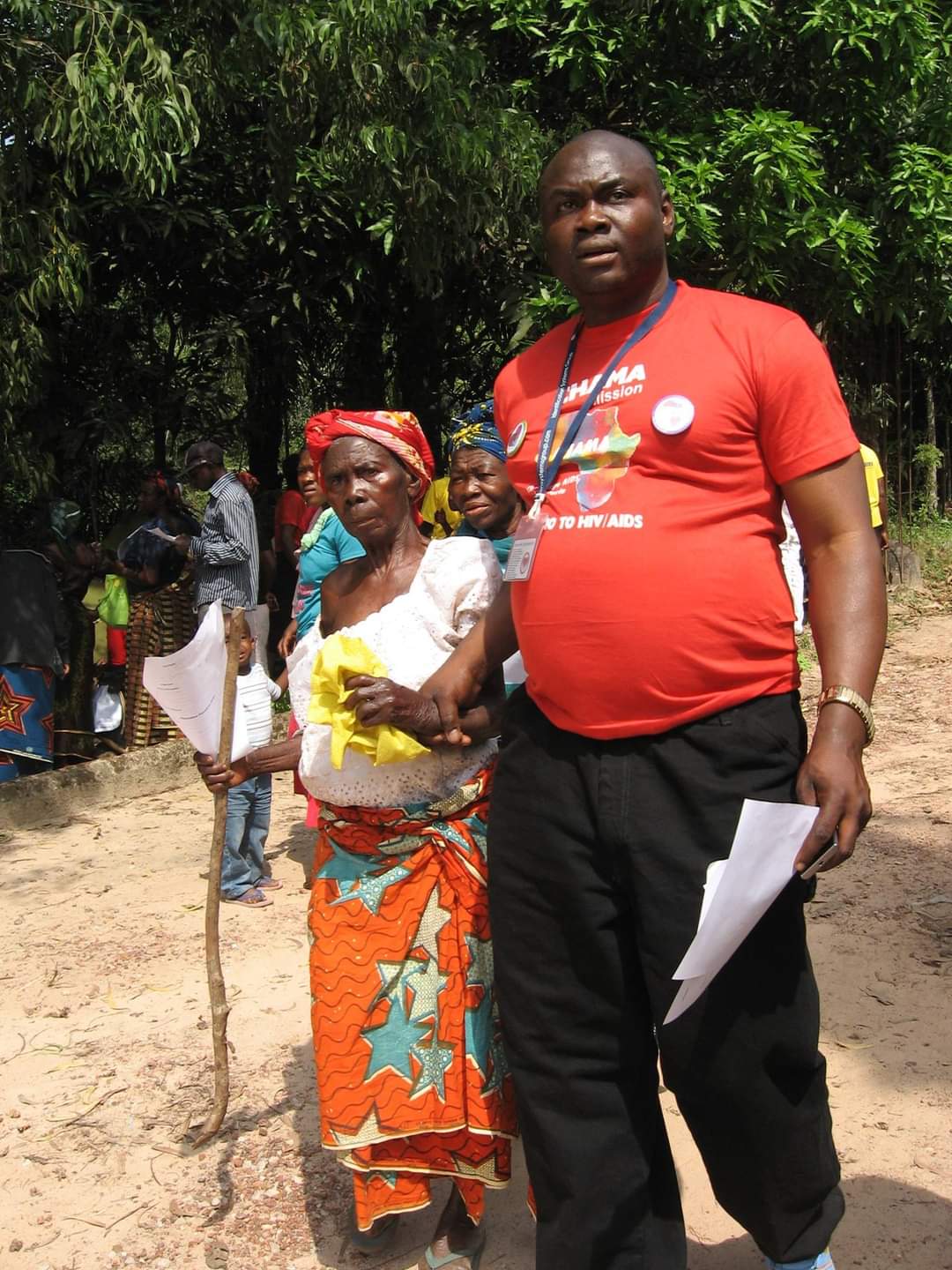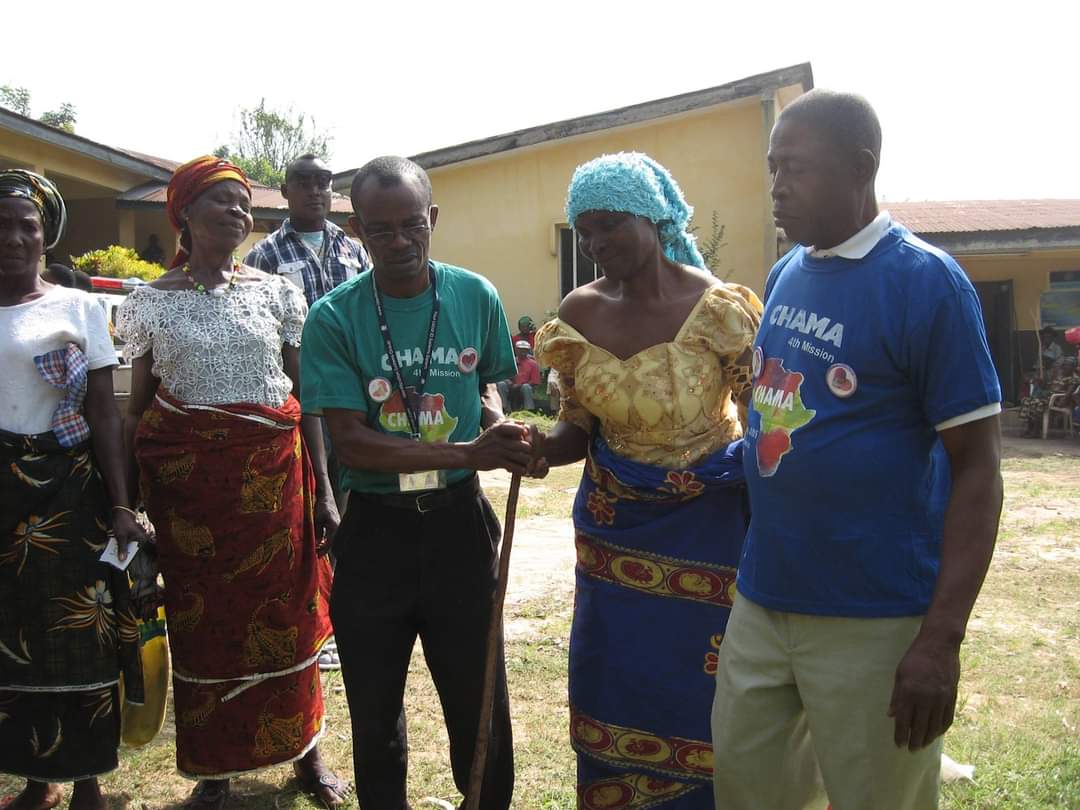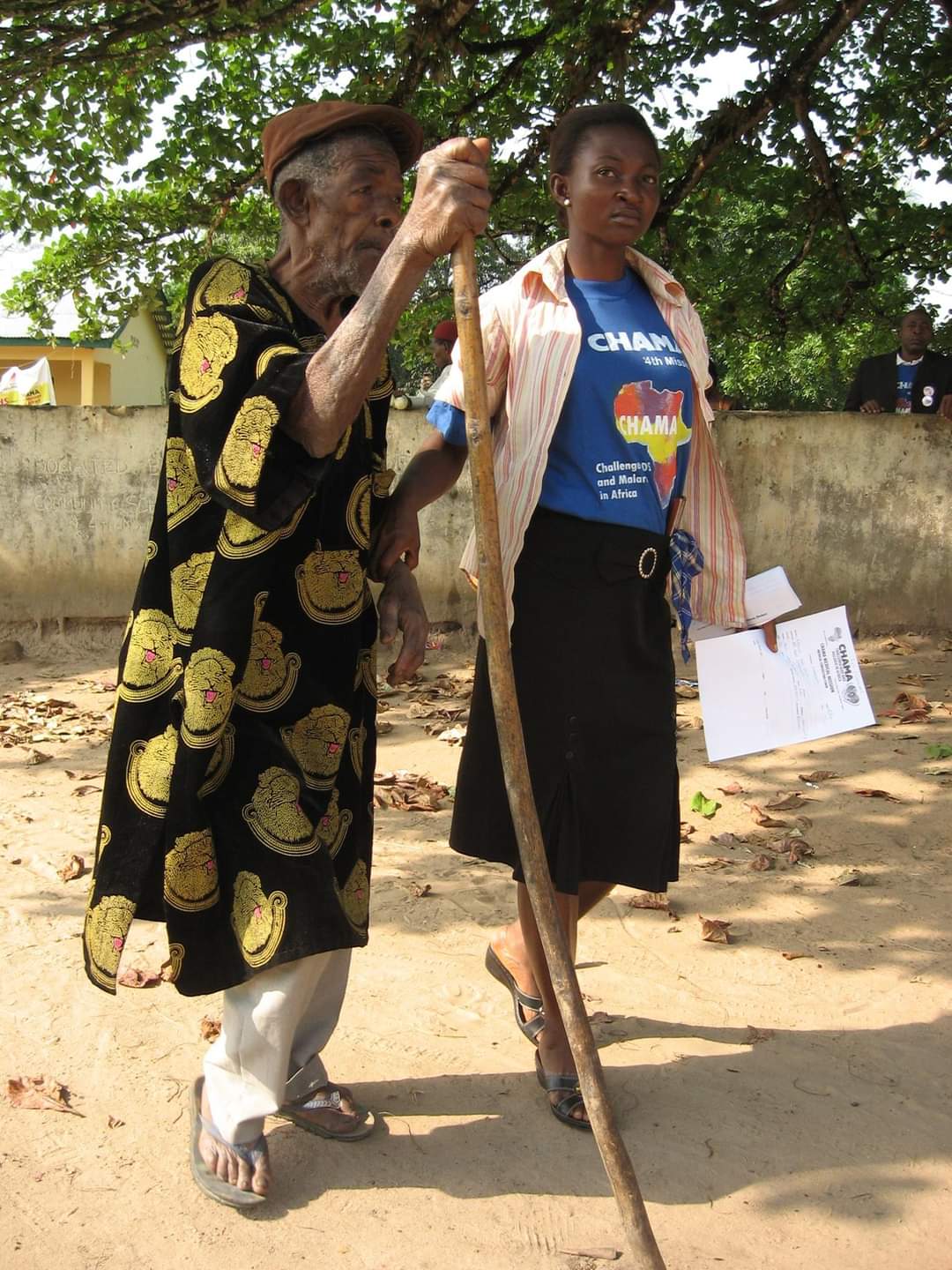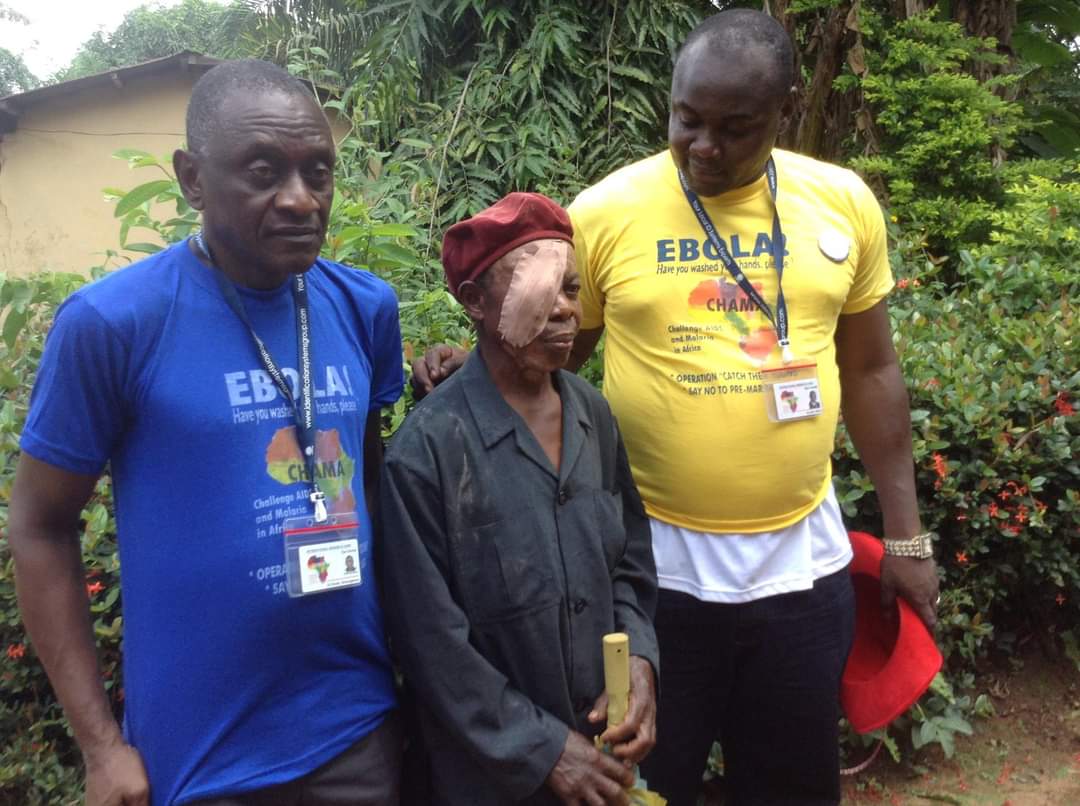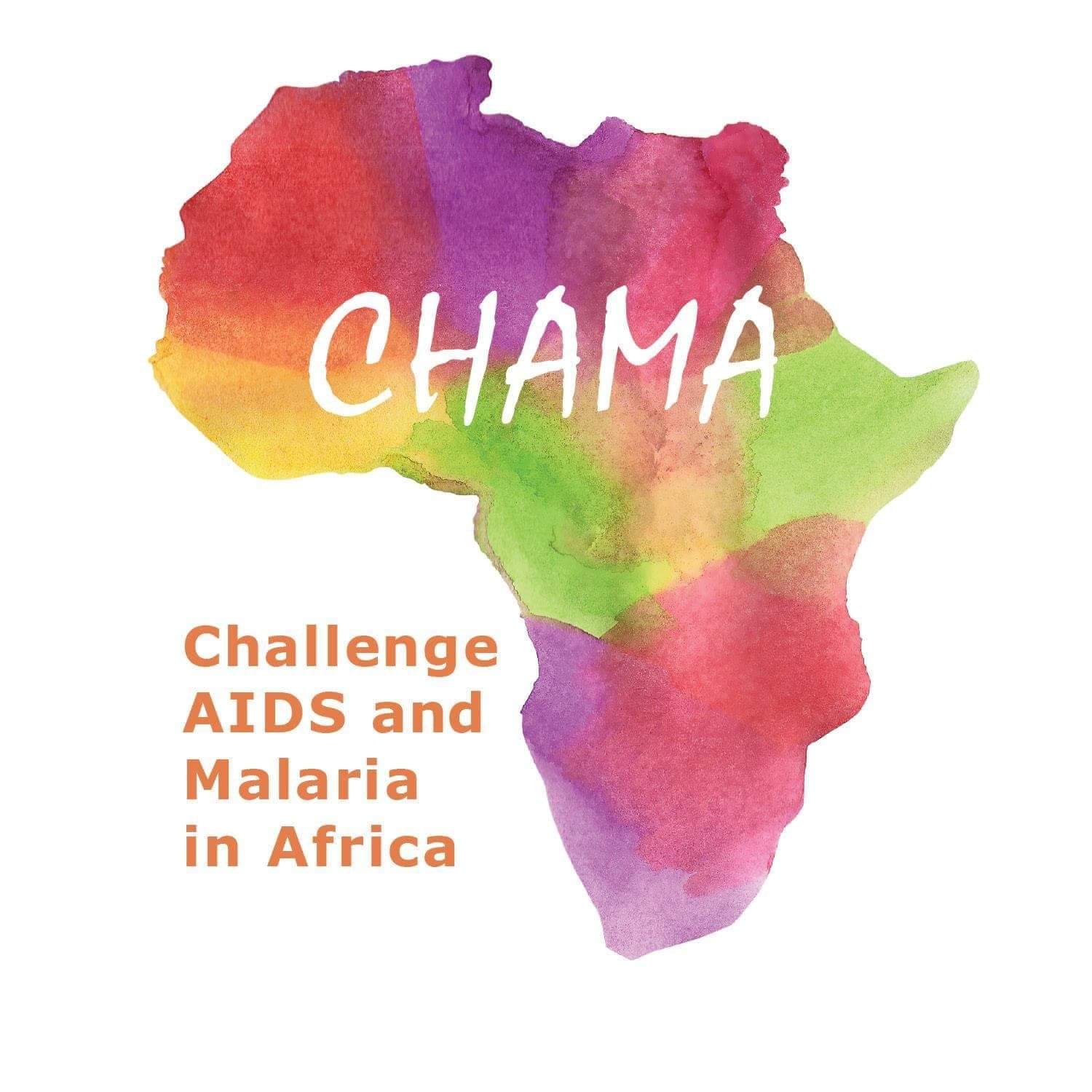INTRODUCTION
This report provides a first-hand picture of the current state of poverty and economic inequality and negligence of old people in Warri, Nigeria, and the intervention that the Warri Chapter of CHAMA identified during their relief outreach, their donations, and the main victims of this situation and presents some observations and recommendations.
BACKGROUND INFORMATION: ECONOMIC INEQUALITIES IN NIGERIA
Despite the prevailing recession, Nigeria is still seen as Africa’s largest economy and one of the fastest-growing in the world. Yet, more than half of the Nigerian population, especially, the old people still grapple with extreme poverty, while a small group of elites enjoys ever-growing wealth. Poverty in Nigeria is particularly outrageous because it has been growing in the context of an expanding economy where the benefits have been reaped by a minority of people, and have bypassed the majority of the population. OXFAM Canada reports that annual 8 economic growth averaged over 7% in the 2000s, and yet Nigeria is one of the few African countries where both the number and the share of people living below the national poverty line over that period, increased from 69 million in 2004 to 112 in 2010, equivalent to 69% of the population. According to OXFAM Canada, in the same period, the number of millionaires increased by approximately 44%. Income inequality, as measured by 9 the Gini Index, grew from 40% in 2003 to 43% in 2009.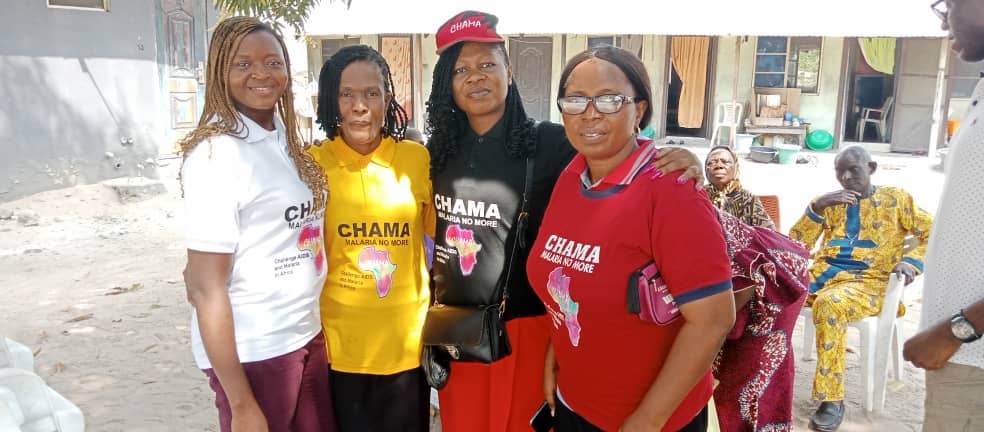
WARRI –BRIEF DEMOGRAPHIC
Warri was once a provincial capital to British rule by the British in the early 20th century. The State has 25 local government areas and its capital is Asaba. Warri sits on the bank of River Warri which joined River Forcados and River Escravos through Jones Creek in the lower Niger Delta Region. The economic base of the city lies in the presence of a refinery and other oil and gas companies in Southern Nigeria, yet its citizen lives in abject poverty.
OLD PEOPLE IN NIGERIA
Aging Populations are an ongoing demographic trend with public health implications in many low- and middle-income countries (LMICs). According to the United Nations 2015 World Population Ageing report, there were at that time 900 million people aged 60 years and over, 46 million of whom were in Africa. By 2050, the number globally is expected to increase to over 2 billion by 2050, including 220 million in Africa. As of 2020, 9.4 million people were aged 60 years and older. Between 2018 and 2020, Nigeria's elderly population experienced an increase of about 740 thousand people.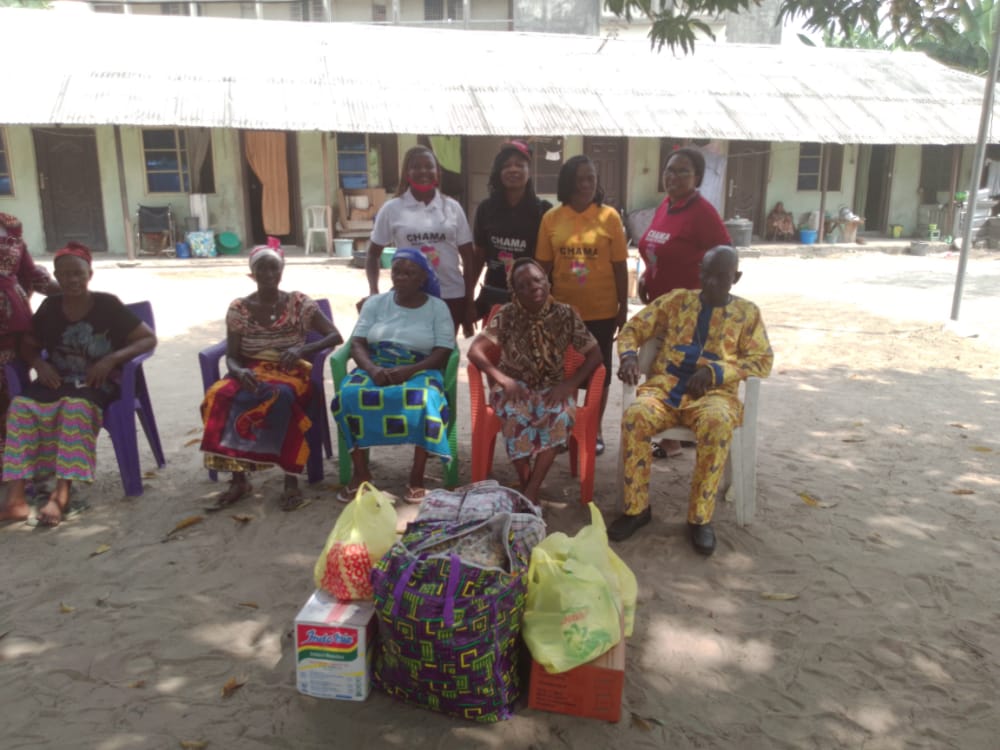
Aging is associated with functional decline and health and social support needs. Traditionally, the responsibility of providing long-term care and support for older persons has been accepted by African families. However, modernization, urbanization, and increased participation of women in the workforce have led to a reduction in available family primary caregivers for older people. Consequently, many families are either unable or unavailable to provide long-term care and support for older people. It’s against this backdrop that has given rise to old people’s homes(institutionalized long-care facilities) in Nigeria. It has been widely reported that old people’s home in Nigeria lacks “basic necessities of clothing, food and adequate health care”. 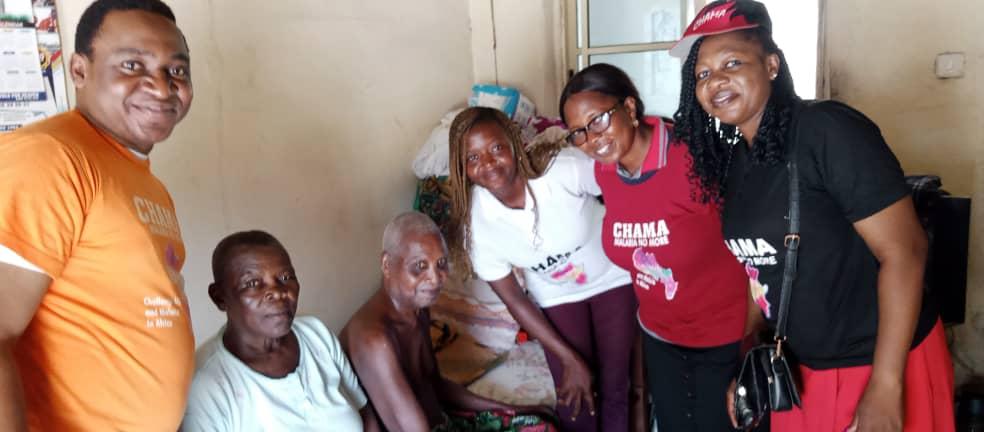
WARRI CHAPTER OUTREACH
In other to ensure that assistance and protection reach the people who need it most, CHAMA has created grassroots volunteer movements (GVM) known as chapters across her areas of humanitarian operations. A chapter is a well-coordinated grassroots system-wide approach to humanitarian relief. Championed by volunteers, Chapters are essential in providing assistance quickly and efficiently to those in need. There are absolutely no third parties involved.
RELIEF ITEMS DONATED BY THE CHAPTER
During their outreach, the Warri chapter donated food items such as noodles, and local food items such as “amala”, detergents, and other nutrition-rich items. According to one of the staff, “one of the residents has been in need of the local food “amala” and he will be pleased to have his favorite meal”. Others items include wheat flour, tablet soaps, powder washing soap, milk, Ovaltine, liquid detergents, toothpaste, and other personal hygiene products.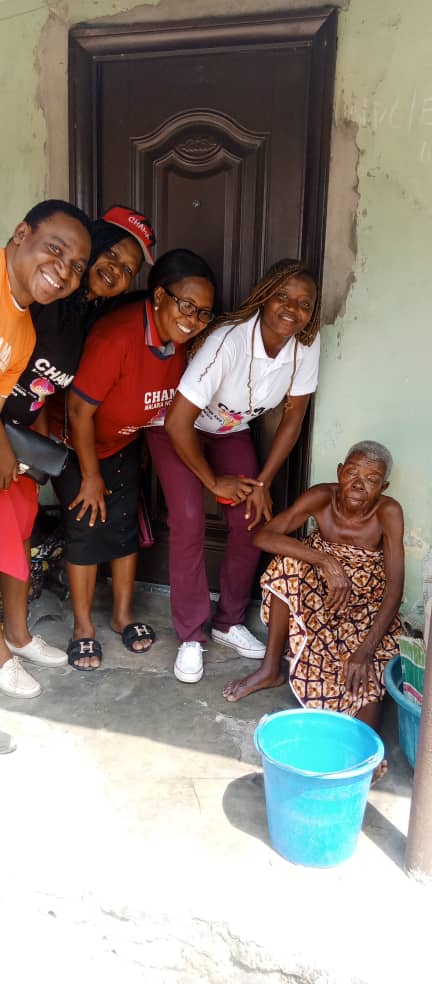
In response, two of the residents one man and one female prayed and blessed the CHAMA volunteers saying: “May the Lord be with you, CHAMA will be known and heard the world over, the way you help people, take you to higher ground along with your children. Your businesses will strive and boom, you will not owe the banks but the banks will borrow from you”.
OBSERVATIONS
At first, when the CHAMA volunteers walked into the residents, they looked tired, exhausted, weak, and overwhelmed. However, it was surprising to see the sudden change in energy once the residents began to pray and sing. This speaks to the place of spirituality in the lives of the people. https://www.youtube.com/watch?v=EExzNpus6m8
At CHAMA, we believe that people are experts in their lives. As a missionary movement, we respect people’s faith. In the US, > 90% of older people consider themselves religious or spiritual; about 6 to 10% are atheists and do not seek meaning through religion or spiritual life. https://www.youtube.com/watch?v=eAbMWouvlMI
RECOMMENDATIONS: While food, shelter, and accessible healthcare are needed at Warri old people’s homeS in Nigeria, spirituality should be incorporated into their programs. Government and donor agencies should work directly with grassroots volunteer movements (GVM) like CHAMA in delivering their programs to ensure adequate, timely, and direct delivery.
